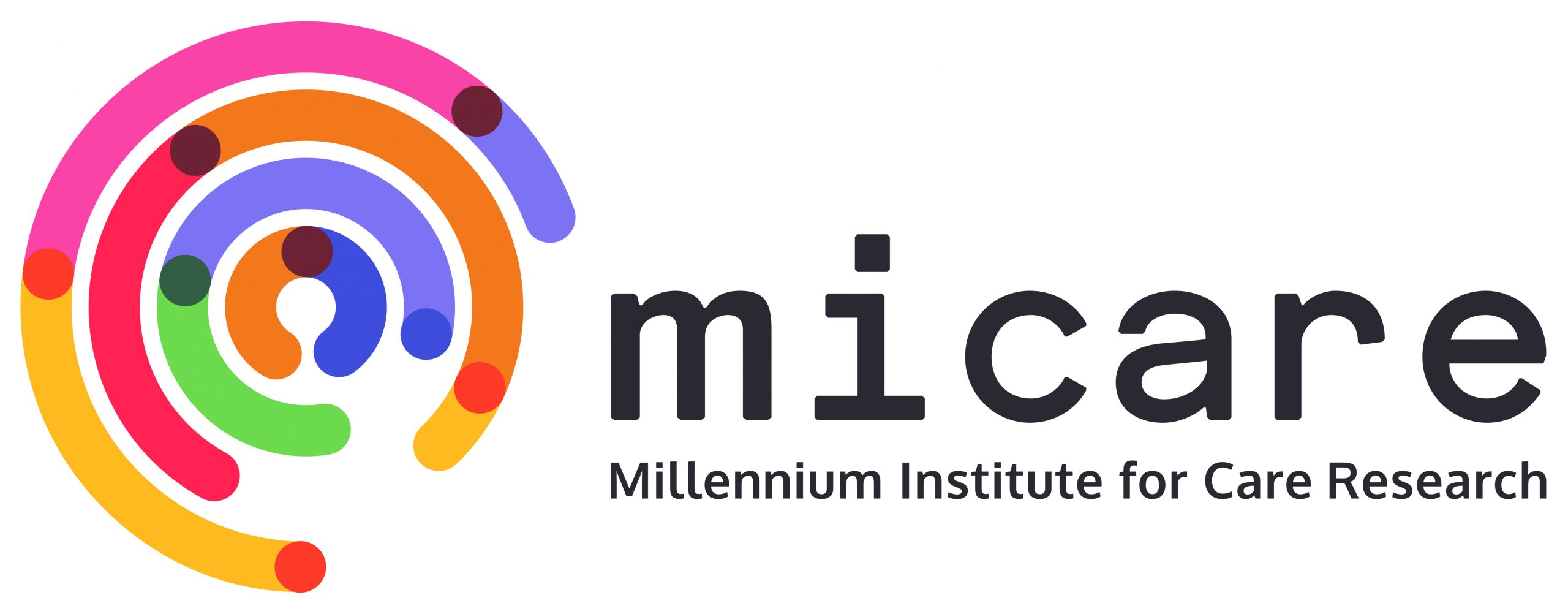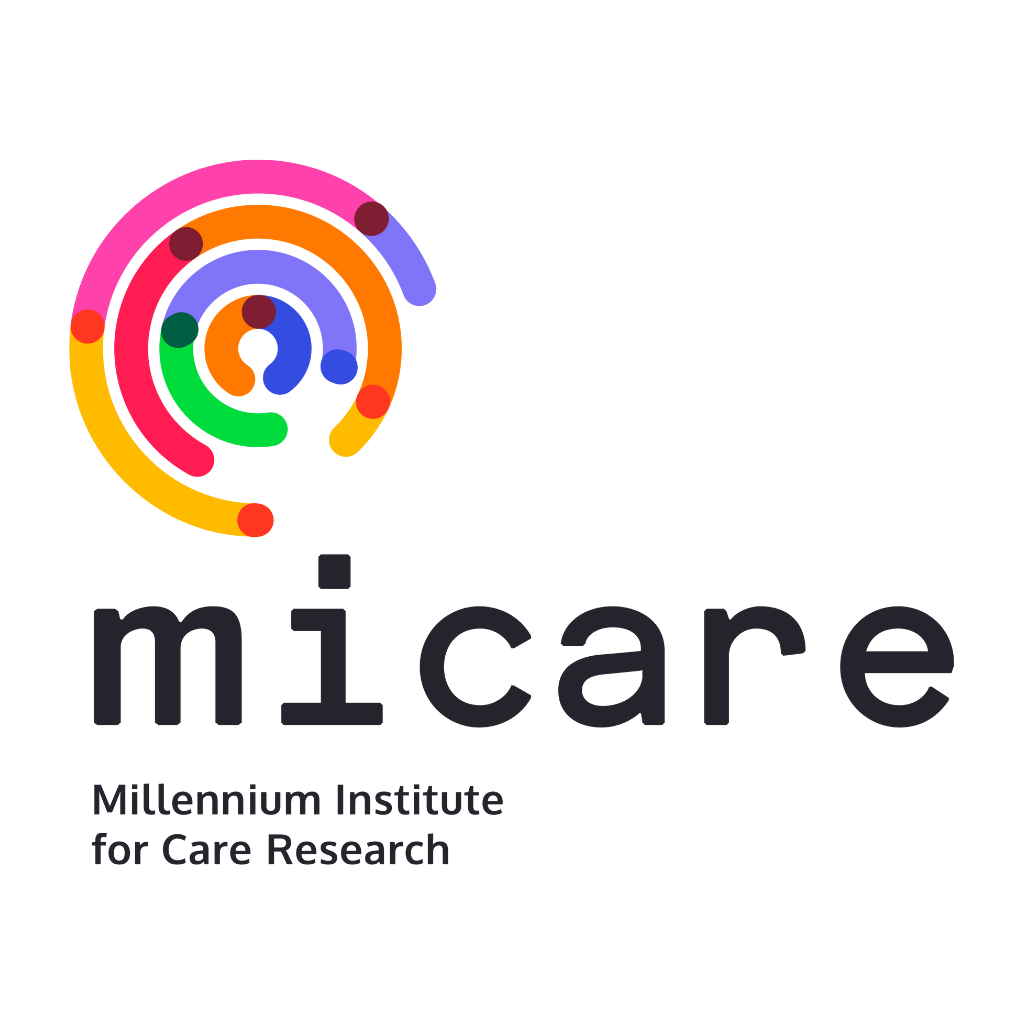Our director, Claudia Miranda, wrote this article for The Clinic on the occasion of World Alzheimer’s Day.
By Claudia Miranda. Read the column published by The Clinic.

Demographic ageing is a worldwide phenomenon. Currently in Chile, older people constitute around 16% of the national population and it is projected that by 2050 this percentage will increase to more than 30% (National Institute of Statistics, INE, 2018).
One of the most common diseases that occur in pathological ageing is dementia, which is characterized by deterioration at the cognitive level, the presence of behavioural and psychological symptoms, and a reduced ability to carry out daily activities. These symptoms are chronic and progressive in nature. Alzheimer’s disease is the most prevalent type of dementia with around 60 to 70% of cases (World Health Organization, WHO, 2021). It has been estimated that in Chile there are currently between 7% and 10% of people over 60 years of age with dementia (Fuentes & Albala, 2014), this being the main cause of dependency of the elderly.
Dementia is associated with a stigma that includes, among others, the idea that people with dementia cannot communicate their desires or needs. Likewise, like older people without cognitive impairment, those with dementia are even more exposed to being socially discriminated and excluded. Stigma is observed even on the part of health professionals (Ibanez et al., 2020). It is not uncommon to see that, when attending a medical or social service, the professional addresses the companion by default, ignoring, sometimes unconsciously, the person with dementia.
However, it has been demonstrated that people with dementia, depending on the degree of cognitive impairment, can report their needs and assess their own quality of life. This report largely coincides with the report made by the carer.
Miranda-Castillo et al., 2013.
Related to the above, it is important to emphasize that people with dementia are also subjects of law, and, therefore, can and should be involved in decisions about their care. The “Person-Centred Care” approach states that people should not be reduced only to their disease, underlining the importance of recognizing people with dementia, as human beings with reason, will, feelings, needs and rights, who must participate as active collaborators in their care and treatment (Ekman et al., 2011).
For example, in some countries, there is what is known as “advance directives” where the person expresses, before or at the onset of the disease, their preferences regarding the care they want to receive. Person-centred care also has implications for developing and implementing interventions for people with dementia.
‘People with dementia are also subjects of law. Therefore, they can and should be involved in decisions about their care’.
Claudia Miranda, MICARE’s director.
In a study carried out in Chile, we were able to observe that the most frequent unmet needs, reported by the same people with dementia, had to do with the lack of activities to carry out during the day and the lack of company (Tapia et al., 2019). These needs could be covered through the implementation, at the national level, of day centres in which evidence-based psychosocial and community interventions are carried out, which may include physical exercise, cognitive stimulation, reminiscence, etc. (Hui et al., 2021), and that they consider significant activities according to the history of each person.
It is essential that, as a society, we respect diversity and promote inclusion initiatives for those who live with Alzheimer’s disease or other dementias. This should be reflected not only in daily actions but also in scientific research and public policies. In this way, we can become a more just and less discriminatory country.





